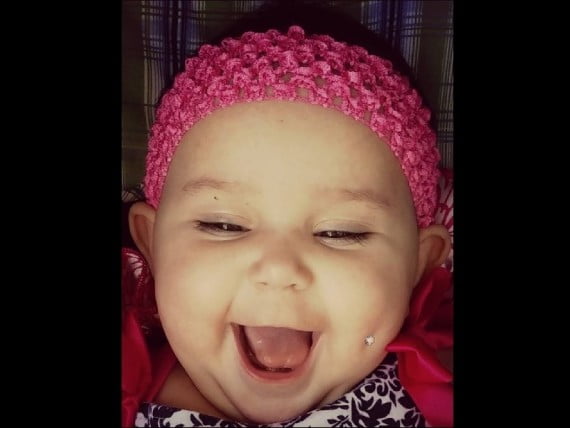
We already know that beer can do more than just cooling you down on a hot day. It is known to be great for nourishing your hair and can be better off nutritionally than hard liquors like whisky and vodka. Researchers from the Greenwich University in the United Kingdom have seemed to have discovered a unique benefit of beer. According to them, beer may help in relieving pain better than painkiller drugs like Paracetamol.
Before the advent of modern medicine and the development of general anesthesia, it is believed that certain medicinal herbs and potent aged liquors were used to make the sufferer unconscious. If this new study is to be believed, beer can have the same affects. To prove their point, experts looked at 18 studies involving more than 400 participants. While doing so, they analyzed if drinking beer could blunt the sensation of pain by acting on the brain receptors or if it could lower anxiety, which then reduces the perception of discomfort. Surprisingly, the researchers found that the more beer people consumed, the less pain they felt.

In the study, Trevor Thompson from Greenwich University compares beer to opioid drugs such as codeine and says that its effect is more powerful than Paracetamol. These findings were published in the Journal of Pain. There has been some older evidence where ethanol (chemical name for alcohol) has been used to produce a general state of anesthesia as it causes amnesia and loss of consciousness. However, modern medicine and many experts consider it to be very dangerous because of alcohol’s blood thinning property that can make the surgery tricky and increase your risk. In fact, doctors recommend that you should not drink alcohol before or after your surgery as it can alter the effect of anesthetic drugs and cause serious complications.
Long back in 1799, Humphrey Davy is known to have discovered the anesthetic properties of nitrous oxide (N20) which is also commonly known as ‘laughing gas’. Years later, W.T.G Morton was regarded as the father of modern anaesthesia who gave ether to a patient in Boston, Massachusetts in October 1846 and that became the first public demonstration of surgical anesthesia.
[“source-ndtv”]



